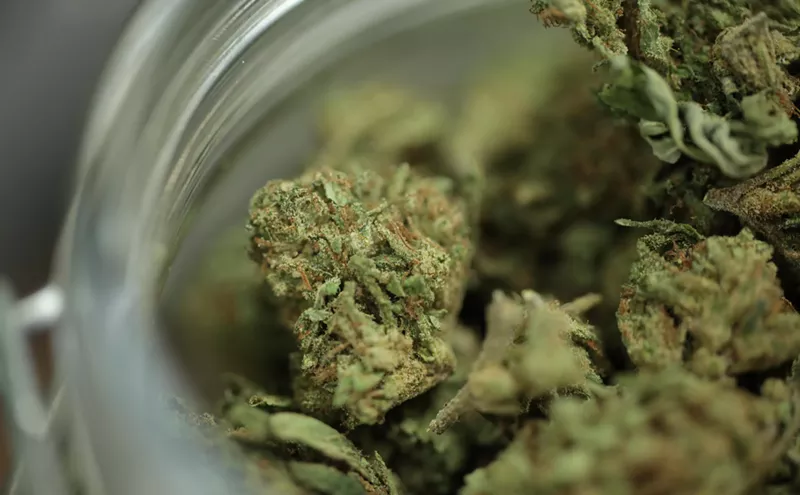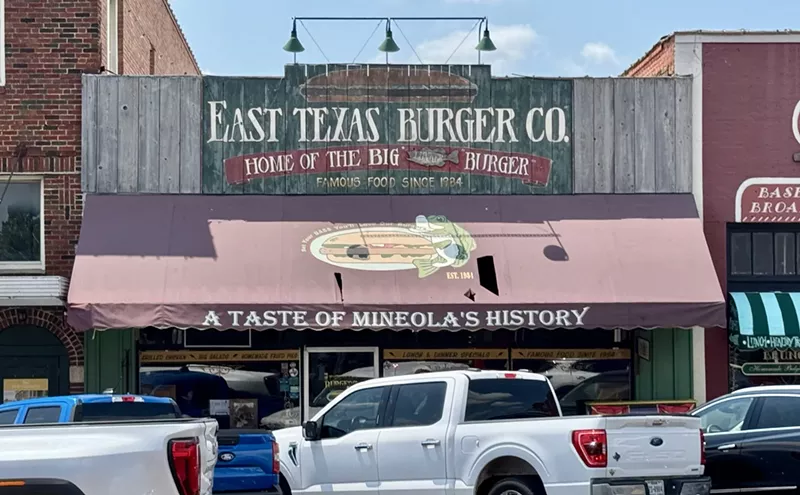Also divulged in the credits are the names of writers Michael Chabon (Pulitzer for the novel The Amazing Adventures of Kavalier and Clay, about old-time comic-book scribes) and Alvin Sargent (adapted screenplay Oscars for Julia and Ordinary People), who love Spider-Man not just when he's fighting the bad guy but when he's wrestling with himself. Imagine--a superhero movie in which the most meaningful battles are waged within the guy wearing the costume. It's remarkable how, throughout these two movies, the makers of the Spider-Man franchise haven't lost sight of creators Stan Lee and Steve Ditko's original vision of an ordinary guy who's "not too handsome, not too glamorous, not too graceful, not too muscular," as Lee wrote in 1974's The Origins of Marvel Comics.
Spider-Man 2, again directed by Sam Raimi, would have been unimaginable without Tobey Maguire, who was nearly replaced by Jake Gyllenhaal because of an injury (there's even a funny scene that alludes to his aching back). He's the perfect Peter Parker/Spider-Man, exuding a sort of wide-eyed sadness throughout a film that's as much about his unacknowledged love for Mary Jane (Kirsten Dunst) and his guilt over the death of Uncle Ben (Cliff Robertson) as it is his feud with the increasingly hostile Harry (James Franco) and his battles with old pal Doctor Otto Octavius (Alfred Molina), a mad scientist with four metallic tentacles fused to his bulky frame. Maguire's the only guy for the role, because he possesses that rare mixture of vulnerability and potency; you're always afraid this superhero will snap in half.
Where Peter was yee-ha giddy with the discovery of his newfound powers in the first film, he's crushed by the weight of responsibility that comes with them in its far superior successor. His doubt even causes his powers to fail him on occasion--his web doesn't spin, his fingers don't stick to walls--which makes him chuck his costume in a trash can, in a scene lifted directly from The Amazing Spider-Man issue No. 50. But giving up Spider-Man, he believes, will allow him to be with Mary Jane, now a successful actress on Broadway in The Importance of Being Earnest. Indeed, playing Cecily, Mary Jane gets to deliver the line that defines her tortured relationship with Peter: "I hope you have not been leading a double life, pretending to be wicked and being really good all the time." The writers have lifted a plot point from Superman II, in which Clark becomes a mortal for Lois, and cleverly expanded it. Peter's only too happy to ditch the tights, which get "kinda itchy and ride up in the crotch a little," he tells Queer as Folk's Hal Sparks during a hysterical elevator ride.
Alas, it's impossible to play normal guy in love when there's a madman on the loose in New York City. Molina's Doctor Octopus makes for a horrifying bad guy: With "smart arms" that drive him bonkers, he kills for thrills and toys with his victims like an infant throwing dolls around a nursery. And Raimi digs filming him: A scene set in an operating room conjures the comedic terror of Army of Darkness, down to the use of a chain saw, and the gory muck of Darkman. Yet he's also a hard guy to hate: Spider-Man's enemies always begin as Peter Parker's friends or mentors, surrogate fathers for a kid raised by an uncle whose death he partially caused. They're also scientists whose descent into villainy is sparked by a noble endeavor that turns horribly wrong. During their first meeting, a friendly encounter between student and would-be teacher, Octavius even lectures Peter about how intelligence is not a privilege but, rather, a gift to be used "for the good of mankind." He likes the kid, and Molina gives Octavius considerable warmth and charm; that you know in due time they'll be throwing each other off skyscrapers only makes their scant moments together as friends that much more poignant.
The first Spider-Man was charming but also a touch tedious, the curse of the origin story. The sequel's far more ambitious, from its use of music (including the 1967 cartoon theme song and "Raindrops Keep Falling on My Head") to its thrilling action sequences to its sly references to the comics (including Dylan Baker as Peter's prof, Curt Connors) to its long but never dull stretches in which Doc Ock disappears altogether; it's a two-hour epic, sprawling but never messy and moving without ever turning maudlin. There's room enough for a scene in which Spider-Man has to deliver pizzas to beat the clock and another in which he has to save a subway car filled with people for whom the hero is, ultimately, a pint-sized god. You will even forgive the film its handful of false endings, because the movie doesn't feel long enough; the sequel's sequel will not arrive soon enough.








